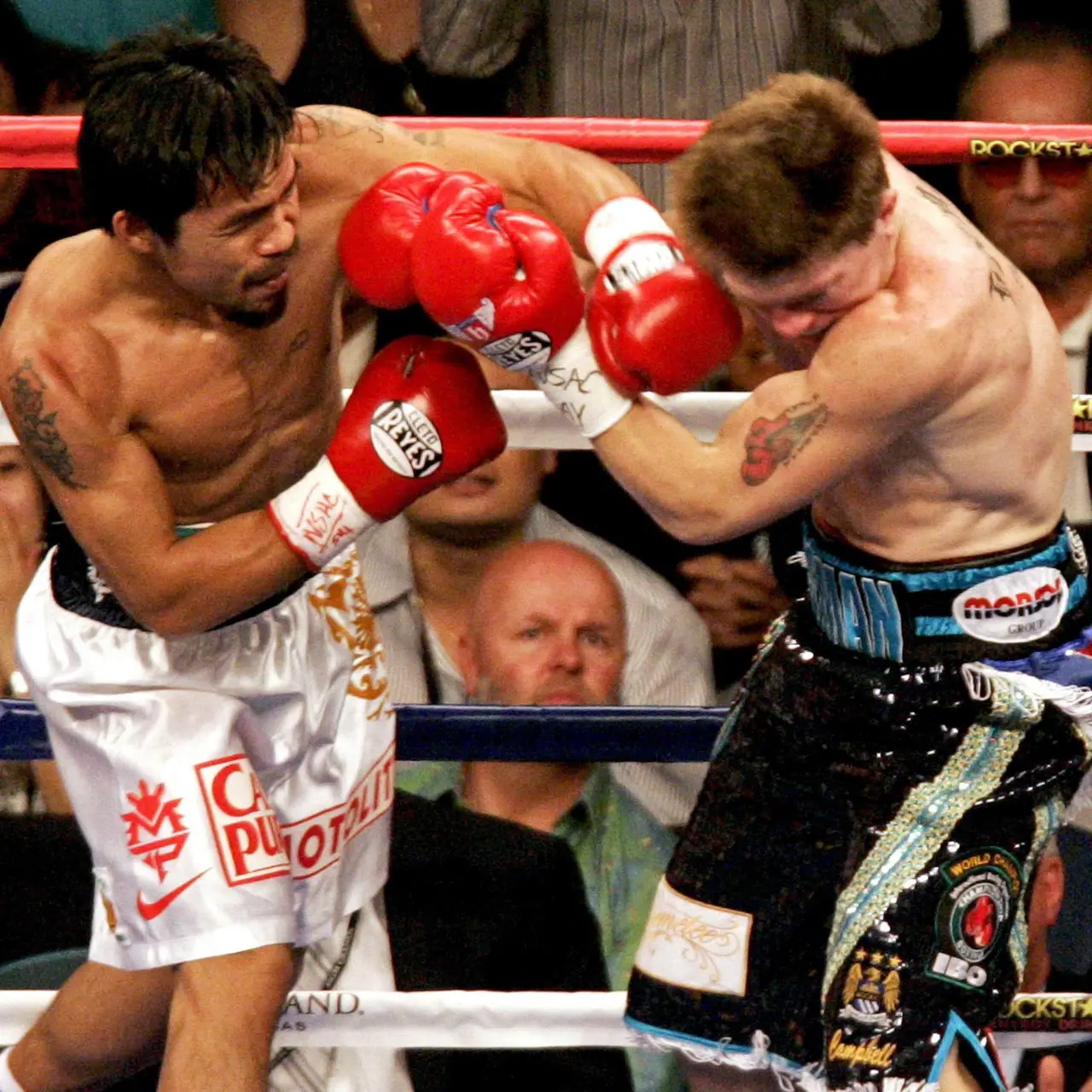
'You feel like a god' - the anatomy of a knockout
Warning: This article contains reference to depression and suicide. Billy Graham has seen it all in boxing. The 68-year-old made his professional boxing debut as a teenager, but is most famous for steering Ricky 'The Hitman' Hatton through his glory years. As he watches from ringside, he sees where the punches land, but also the innermost thoughts behind them. "Fighters might say they don't want to hurt their opponent, but let me tell you, when you're in there, you do," he says. "You absolutely do. "You want to knock them out, you want to keep hitting them until they drop, so they'll stop hitting you and you can get out of that hellhole. "That's the reality." It would be easy to presume that delivering a knockout punch is a moment of pure ecstasy, the kind of sensation footballers experience when scoring a goal. But boxing is not football and knocking someone out is not like scoring a goal. The knockout is brutal, final, irreversible - the fate all fighters dread and to which none are immune. I have spent months examining that unique moment for a book, speaking to those on either end of sport’s most compelling, stark division of victor and vanquished. What I found was surprising.

